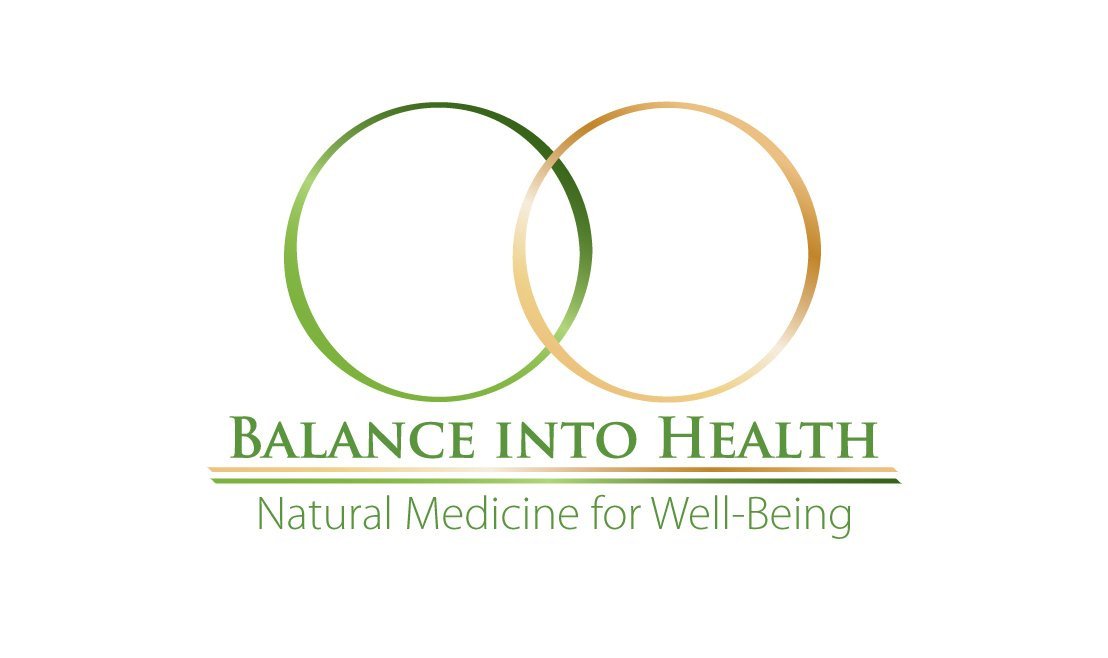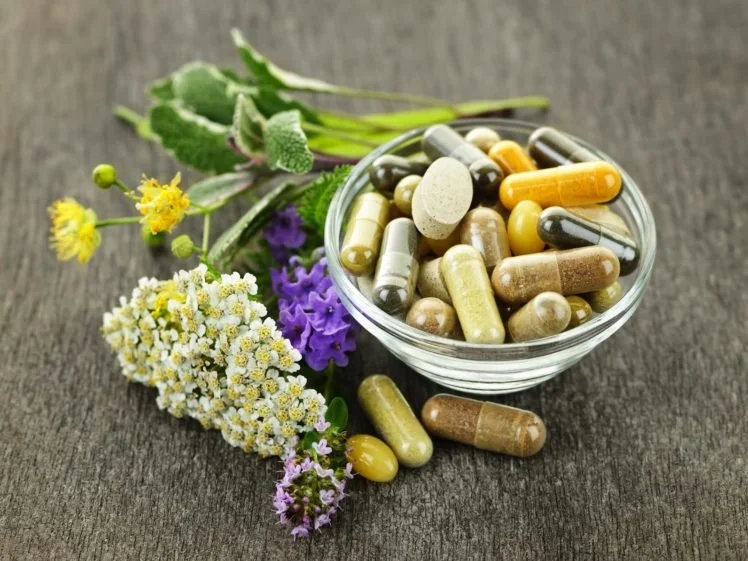The debate between modern and natural medicine often paints a picture of stark opposition. On one side, conventional “modern” medicine champions high-tech diagnostics and pharmaceutical interventions. On the other, “natural” medicine emphasizes holistic care, prevention, and remedies derived from nature. However, this dichotomy is increasingly outdated. A growing number of patients and practitioners are blending elements of both approaches, recognizing that they are not mutually exclusive but complementary.
Read MoreAs we move into winter and flu season emerges now is the time to up your self-care for an improved immune system. Consider it your superpower. While we're all genetically and immunologically different, some of us are more resilient to infections than others. When you apply self-care, the benefits are universal. It's clearly preferable to act in advance while it’s still early, thus avoiding unnecessary colds and flus.
Read MoreAutoimmune disease is defined as an immune reaction against one’s own tissues. A robust immune system needs to fight foreign invaders but not harm ourselves in the process. A large proportion of the U.S. population are diagnosed with these conditions. We now know more than ever about autoimmune disease and all the contributing factors. A naturopath can take the time to identify all the factors and help you deal with your condition from a holistic perspective.
Read MoreThe field of medicine has significantly evolved over the years, mostly due to advances in technology. People have become more aware, seeking to gain more control of their health, especially regarding treatment. Even as conventional medicine advances, so has alternative fields such as naturopathic medicine. Naturopathic medicine is a system of healthcare that uses natural therapies and modern science to prevent disease, promote wellness, and boost the body’s ability to heal itself. Unlike conventional one that treats a condition based on symptoms, naturopathy strives to address the root cause. It is not surprising then that patients have discovered some shortcomings in conventional medicine and seek more.
Read MoreBiogenealogy is a theory whose primary thesis is that illness is a response to an emotional trauma or shock experienced in a person’s life or in the life of an ancestor. What we call illness is actually a biological response to resolve a conflict. Why do we get sick? Simply put, it allows us to look at something that isn’t working for us. It’s an opportunity to change it.
Read MoreA new Caltech study has shown that our intestinal bacteria determine which bacteria are beneficial and which are pathogenic. Even more significantly, it is the gut bacteria that trigger an immune response, not the immune system itself. This indicates that science and medicine need to completely rethink the current view of how the immune system operates. That's the intriguing conclusion reached according to the paper published in Science.
Read MoreAs cold and flu season arrives, there are three homeopathic remedies that are crucial to have on-hand. When used properly, these remedies can quickly stop an illness from worsening and, in many cases, completely cure the illness within a short time period. Homeopathic remedies work by stimulating the body to cure the underlying cause of the symptoms, and they do so without side effects.
Read More"Alternative medicine" may be defined as medicine that is different from "conventional" treatment. The Office of Alternative Medicine (OAM) at the National Institutes of Health (NIH) defines alternative medicine as "those treatments not taught widely in medical schools, not generally used in hospitals, and not usually reimbursed by insurance." With developments in the last years of the 1900s, this definition will probably change.
Read MoreProbiotics aren't anything new, but you probably first heard about them in yogurt ads. In addition to aiding a healthy gut did you know that probiotics are a scientifically proven way to help with depression and anxiety? Your gut is considered your "second brain" and roughly 90% to 95% of all the body's serotonin is produced there. Unfortunately, if the delicate balance of bacteria that provides serotonin gets disrupted, it can lead to symptoms of depression and anxiety.
Read MoreThe problem of hormonal imbalance is often oversimplified in many conventional doctors' offices.
Read More









